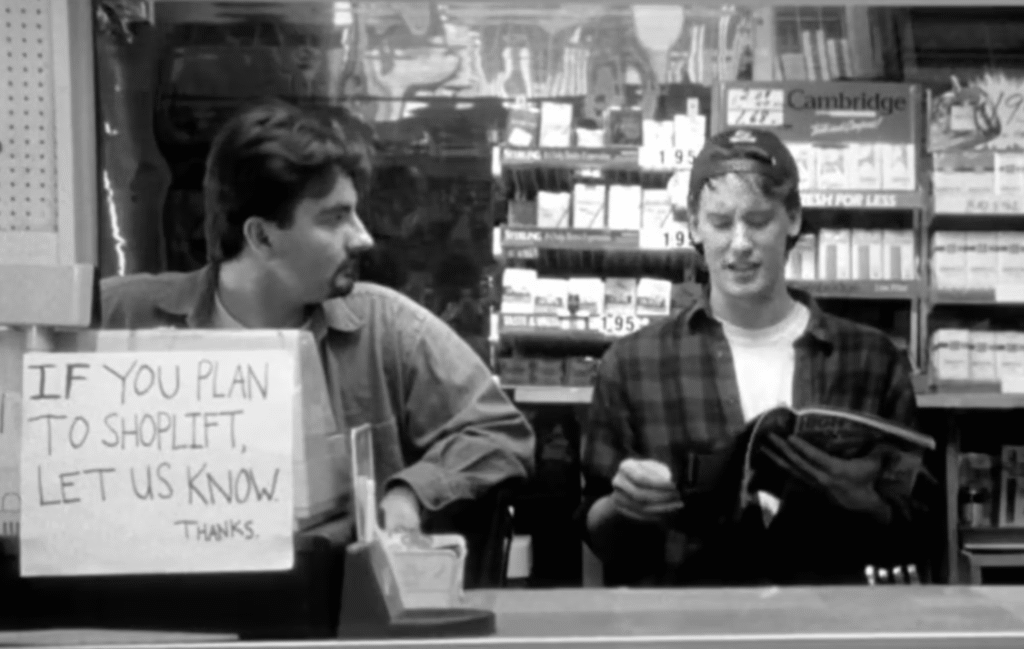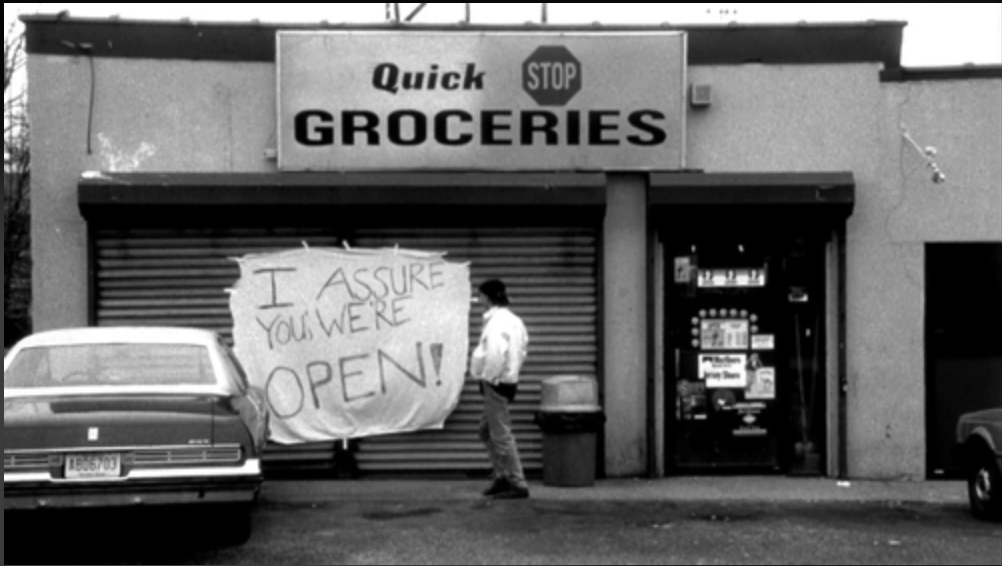In 1994, the cinematic landscape was dominated by polished studio pictures like “Forrest Gump” and “Pulp Fiction’s” stylized violence. Into this arena stumbled a stark, sacrilegious, and stubbornly amateurish black-and-white film about a convenience store clerk and his video store counterpart. Kevin Smith’s “Clerks,” shot for a mere $27,575 funded largely by maxed-out credit cards, did more than just become an indie darling; it delivered a seismic shock to the foundations of independent filmmaking, fundamentally altering its marketing potential and proving that authentic, voice-driven stories could resonate with a generation, thereby reshaping the modern cinema industry.

The most immediate and profound influence of “Clerks” was its revolutionary approach to marketing and distribution, which became a blueprint for a new era of indie film success. Smith and his producer, Scott Mosier, bypassed traditional avenues entirely, taking the do-it-yourself ethos of the film’s production to its promotion. Their campaign was built on a then-novel concept: the film festival as a launchpad. Winning critical acclaim and the Filmmakers Trophy at the Sundance Film Festival was not just an accolade; it was a marketing tool that generated invaluable buzz and legitimacy. This “Sundance Cinderella” narrative—the story of a kid from New Jersey who made a movie for nothing and impressed the elite—became the film’s primary selling point. Miramax’s subsequent acquisition and distribution strategy capitalized on this, using the film’s scrappy origins and authentic, profane dialogue (“I’m not even supposed to be here today!”) in its advertising. “Clerks” demonstrated that a film’s backstory could be as marketable as its plot, proving that heart, humor, and cultural relevance could triumph over a lack of budget and stars.

Beyond its marketing genius, “Clerks” exerted a powerful influence on the content and aesthetic of modern cinema, particularly within the indie sphere. It heralded the era of the “slacker” narrative, moving away from high-concept plots to focus on the mundane, existential angst of everyday life. The film’s world was confined to the Quick Stop and the adjacent video store, and its drama revolved around hockey, customer service, and relationship anxieties. This hyper-realistic, dialogue-heavy style—a stark contrast to the slick productions of the time—empowered a generation of aspiring filmmakers. Smith proved that you didn’t need a Hollywood backlot; you needed a location you could access, friends who would act, and a script that captured a specific, authentic subculture. This democratization of filmmaking inspired countless others to pick up a camera and tell their own stories, expanding the range of voices and experiences represented in American cinema. The film’s success signaled to studios that there was an audience for niche, character-driven stories, paving the way for the indie boom of the 1990s and the rise of quirky, talkative comedies and dramas that followed.
However, to view “Clerks” solely as an underdog triumph is to overlook its more complex legacy within the industry it helped transform. The very indie revolution it sparked was quickly co-opted by major studios, who created “specialty divisions” like Fox Searchlight to replicate the Miramax model. This led to a new kind of commercialized “indie” film—often more polished and star-driven, but mimicking the aesthetic of genuine low-budget productions. In this sense, “Clerks” stands as a poignant, prelapsarian artifact: a film made outside the system that ultimately helped the system learn how to commodify rebellion. Its raw, unvarnished quality is a testament to a moment before the formulas were fully understood and replicated, a authenticity that is increasingly rare in today’s landscape of calculated “indie” darlings.
“Clerks” was far more than a cult comedy about disaffected retail workers. It was a cultural and industrial catalyst that redefined the relationship between creation and commerce in film. By demonstrating that a compelling story and strategic, grassroots marketing could conquer a multi-million-dollar budget, it permanently altered the playbook for independent film distribution. Furthermore, its celebration of the mundane and the profane, its unwavering authorial voice, and its DIY spirit broadened the very definition of what a movie could be, inspiring a diverse wave of new filmmakers. The legacy of “Clerks” echoes not just in the works of its direct descendants, but in the very idea that with enough passion and ingenuity, anyone with something to say can, quite literally, get their picture made.




